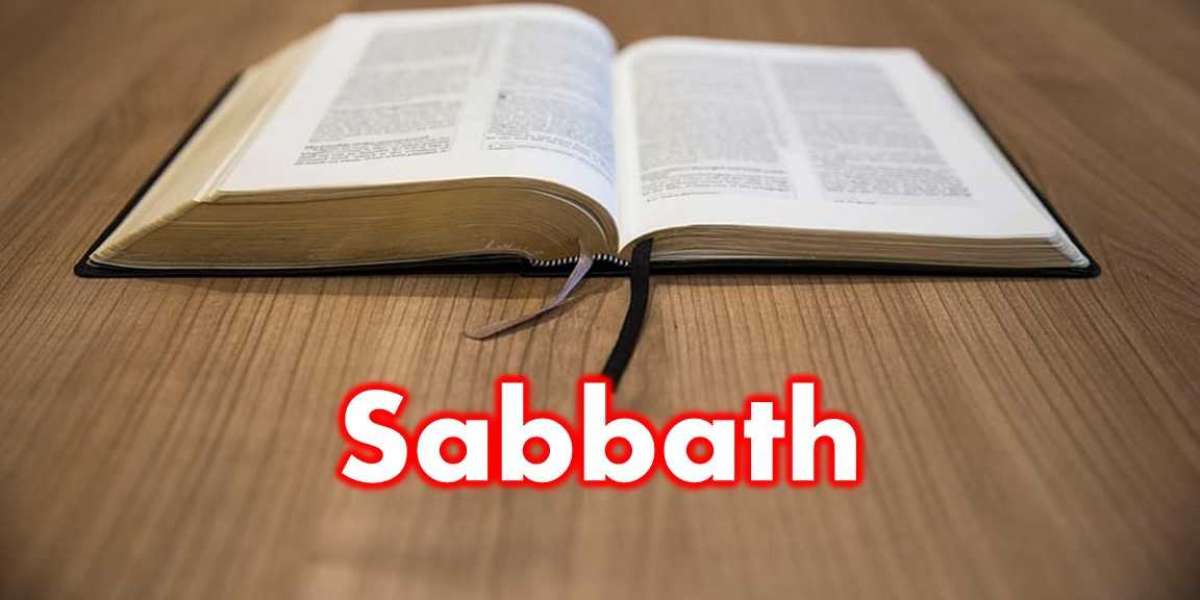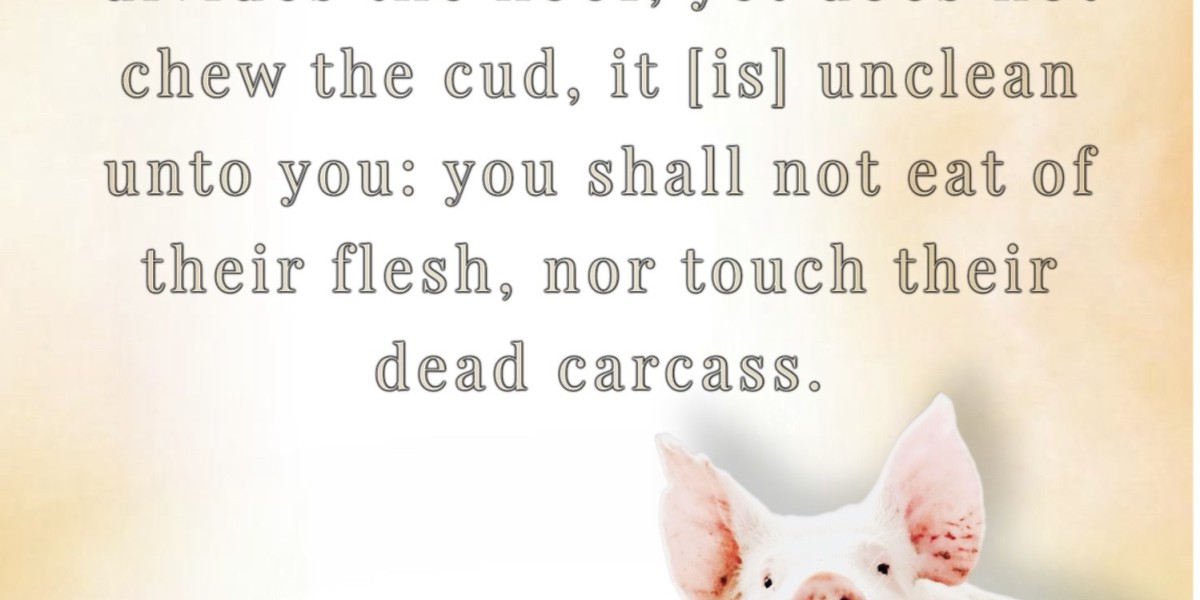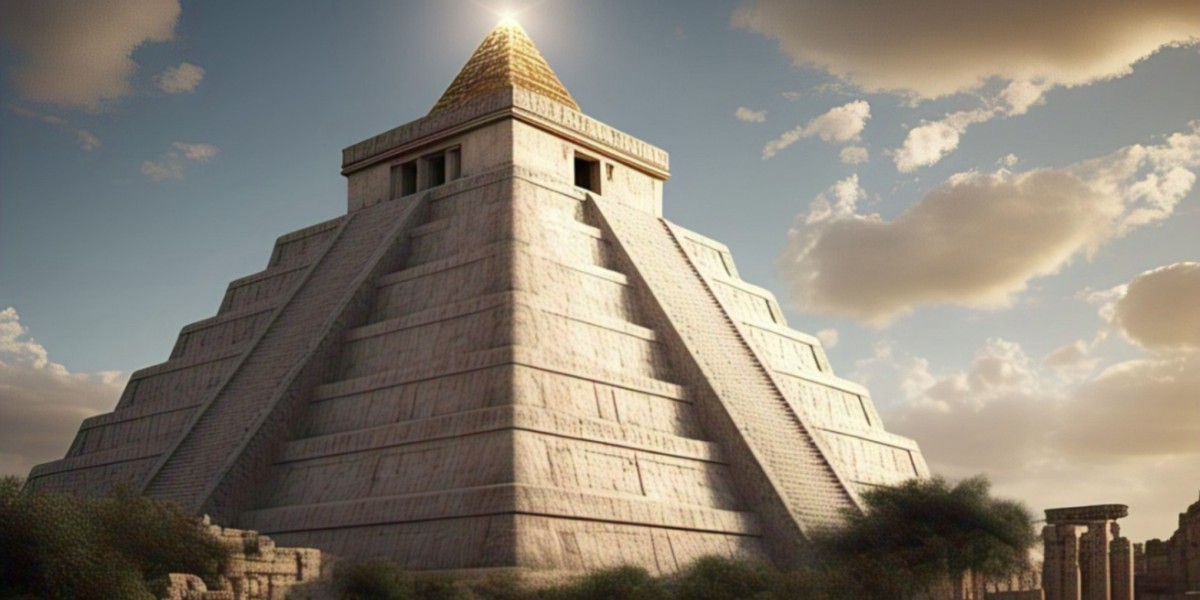We teach that God alone has the authority to make time holy. He established the seventh day Sabbath at Creation for all humanity and has never abolished that command. He also expects His people to observe His annual Sabbaths and biblical festivals.
God is the Creator and Ruler of heaven and earth, so He determines how and when we should worship Him. People can voluntarily set aside a day for thanksgiving or fasting, but they can’t make that time holy. God alone decides what is holy.
He established the Sabbath at Creation for Adam and Eve and all their children. In Genesis 2:3, Moses wrote, “So God blessed the seventh day and made it holy, because on it God rested from all his work that he had done in creation.” The seventh day of the week is holy because God said it is holy, and He has never changed or abolished that commandment.
The weekly Sabbath is a blessing from God to all humanity. In addition to providing rest from physical labor, the Sabbath reminds us that Yahweh is the Creator and Ruler of the universe; it is also a sign that He is our God and we are His people (Ex 31:12-17).
God also expects His people to observe His annual Sabbaths and biblical festivals. In Leviticus 23:2, He said to Moses, “Speak to the people of Israel and say to them, ‘These are the appointed feasts of the LORD that you shall proclaim as holy convocations; they are my appointed feasts…’” God wants to have a relationship with us, so He commands us to assemble on His Sabbaths to worship Him so we never forget Him or take Him for granted.
The feasts of the Lord include the weekly Sabbath, the Passover, the Feast of Unleavened Bread, the Feast of Weeks, the Feast of Trumpets, the Day of Atonement, the Feast of Tabernacles and the Eighth Day Assembly (Lev 23). God called these days “My appointed feasts.” They are the feasts of the Lord, not just the holy days of the Jews.
Jesus taught that God made the Sabbath for all humanity. In Mark 2:27, He said, “The Sabbath was made for man…” Mark used the Greek term ton anthropon, where the generic definite article with the singular noun refers to all humanity in general. So, Jesus confirmed what Moses taught in Genesis 2:3; God made the Sabbath at Creation as a blessing for Adam and Eve and all their children, not just the Jews.
Later, Paul taught Jewish and Gentile Christians to keep the Feast of Unleavened Bread. In 1 Corinthians 5:7-8, he wrote, “Clean out the old leaven so that you may be a new lump, just as you are in fact unleavened. For Christ our Passover also has been sacrificed. Therefore let us celebrate the feast, not with old leaven, nor with the leaven of malice and wickedness, but with the unleavened bread of sincerity and truth” (NASB).
Paul used the Feast of Unleavened Bread as a metaphor to teach Christians to remove sin from their lives just as they had removed leaven from their homes. If the church wasn’t keeping this feast, his illustration would have been meaningless to them. The only way this metaphor would make sense is if they were, in fact, unleavened just as he had said.
Finally, Bible prophecy shows that Israelites and Gentiles will keep the Feast of Tabernacles during the millennial reign of Jesus Christ. Zechariah 14:16-17 says “And it shall come to pass that everyone who is left of all the nations which came against Jerusalem shall go up from year to year to worship the King, the Lord of hosts, and to keep the Feast of Tabernacles. And it shall be that whichever of the families of the earth do not come up to Jerusalem to worship the King, the Lord of hosts, on them there will be no rain” (NKJV).
So, the Bible teaches that God established the seventh day Sabbath at Creation for all humanity, and He expects His people to observe His annual Sabbaths and biblical festivals as well. They are a blessing for all humanity, they remind us about our Creator and they teach us valuable lessons about God’s plan of salvation for all people.
Credits
united-kingdom-sheffield-gospel-table.jpg/wallpaperflare.com/PD
Scriptures are from the English Standard Version unless otherwise noted.






